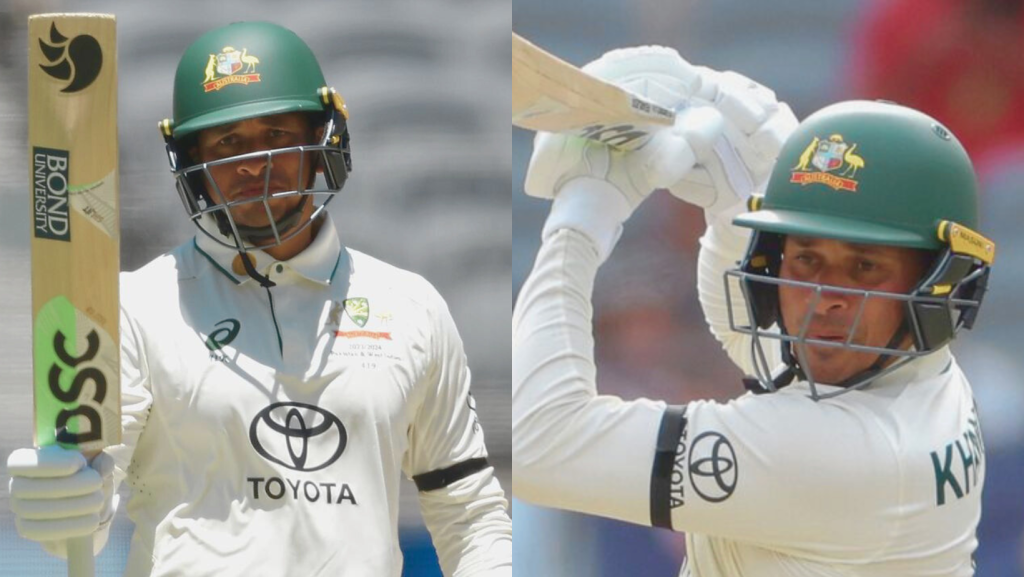
In a surprising turn of events, Australia’s opener Usman Khawaja has been charged by the International Cricket Council (ICC) for wearing a black armband during the first Test against Pakistan, symbolizing his support for civilians in Gaza. The ICC found Khawaja in breach of its clothing and equipment regulations.
Despite not wearing shoes featuring the words “all lives are equal” and “freedom is a human right” during the match, as he did in training, the ICC deemed the armband to be in violation of regulations. Khawaja is free to play in the second Test, but potential sanctions loom if he repeats the gesture without ICC and Cricket Australia permission.
Khawaja, 37, justifies his actions as a “humanitarian appeal” rather than a political statement, expressing support for Palestinians. The ICC spokesperson labeled Khawaja’s display as a breach under the category of an ‘other breach,’ with the first offense warranting a reprimand.
The cricketer posted a video on social media reiterating his commitment to the cause and expressing disagreement with the ICC’s decision. Cricket Australia, while supporting players’ personal opinions, emphasizes adherence to ICC rules.
This incident echoes past controversies, such as England all-rounder Moeen Ali being warned in 2014 for wearing wristbands supporting Gaza. Khawaja, set to challenge the ICC charge, criticizes what he perceives as inconsistent enforcement of regulations.
The ongoing discussions between Cricket Australia and the ICC revolve around finding a resolution that allows Khawaja to share his humanitarian message without violating established rules. The cricketing world awaits further developments as the controversy unfolds, adding a unique layer to the ongoing Australia vs. Pakistan series.




